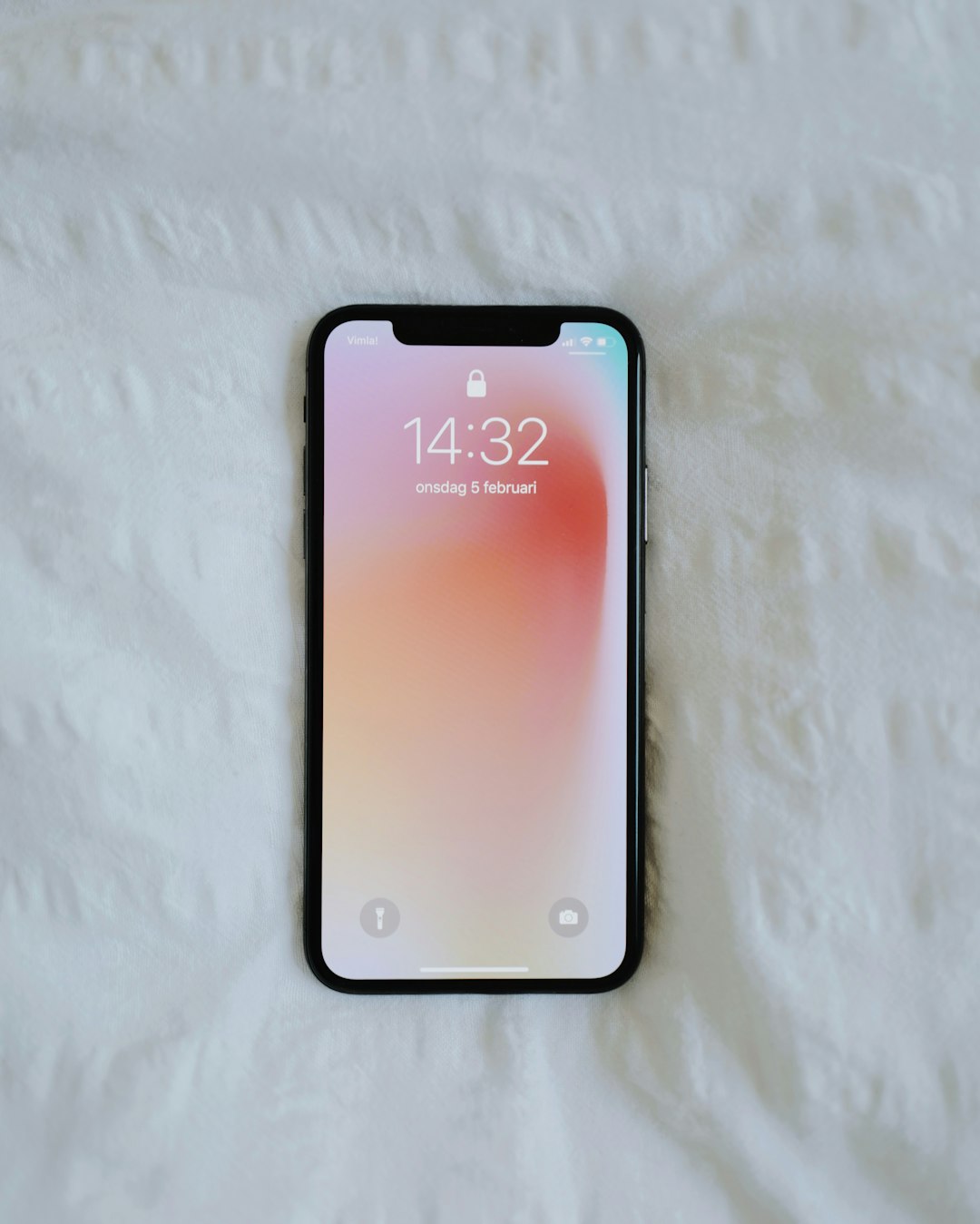Robocalls are a common nuisance in Kentucky, impacting elderly and vulnerable individuals most severely. Understanding legal rights under the TCPA and state regulations is crucial for protecting against emotional distress, financial harm, and privacy invasion caused by unwanted calls. Documenting calls and consulting an attorney specializing in consumer protection law can lead to potential compensation and blocking of future robocalls. Registering on the Do Not Call Registry, using call-blocking tools, and educating oneself about suspicious calls are additional strategies for combating this issue. Suing for robocalls in Kentucky is a viable option when rights are violated.
In Kentucky, as across the nation, robocalls have become a ubiquitous yet nuisance. These automated phone calls, often promoting products or services, can be particularly intrusive for vulnerable populations, including the elderly and individuals with disabilities. This article explores the prevalence of robocalls in Kentucky, their impact on these groups, and legal protections available under state and federal laws. Additionally, it delves into the feasibility of suing robocallers and presents effective strategies to mitigate their inundation, emphasizing the rights and remedies accessible to Kentuckians affected by unwanted calls, including the potential to sue for robocalls in Kentucky.
Understanding Robocalls and Their Prevalence in Kentucky

Robocalls, automated phone calls that deliver pre-recorded messages, have become a ubiquitous yet often unwanted part of daily life in Kentucky, as across the nation. In recent years, their prevalence has significantly increased, targeting individuals and vulnerable populations with advertisements, solicitations, and even fraudulent schemes. These automated calls can be particularly distressing for those who are elderly, low-income, or have limited access to information about their rights.
Kentucky’s landscape of robocalls reflects national trends, with many residents receiving multiple such calls daily. While some robocalls offer legitimate services, others are designed to manipulate and exploit. Given the impact on vulnerable populations, understanding how and why these calls proliferate is crucial. Furthermore, knowing one’s rights and legal recourse—including the potential to can I sue for robocalls Kentucky—is essential in navigating this modern nuisance and protecting oneself from deceptive practices.
Vulnerable Populations: Elderly and Individuals with Disabilities

In Kentucky, vulnerable populations such as the elderly and individuals with disabilities often bear the brunt of robocalls. These automated phone calls, while legal in many forms for marketing purposes, can be particularly distressing and invasive for those who are already susceptible to fraud and scams. The elderly, with their potential lack of digital literacy or access to resources to block such calls, may fall victim to misinformation or financial loss. Similarly, individuals with disabilities, whether physical or cognitive, might find it challenging to verify the authenticity of a call or protect themselves from unwanted intrusions.
For those pondering Can I Sue For Robocalls Kentucky, understanding the unique challenges faced by vulnerable populations is key. If a robocall causes emotional distress, financial harm, or violates privacy rights, individuals may have legal recourse. It’s important to document calls, including timestamps, content, and any associated financial losses. Such evidence can be crucial when considering legal action, which might involve contacting consumer protection agencies, reporting the issue to phone service providers, or consulting with an attorney to explore potential lawsuits against call originators.
Legal Protections Against Unwanted Calls

In Kentucky, as in many states, there are robust legal protections against unwanted calls, particularly from robocallers. The Telephone Consumer Protection Act (TCPA) restricts automated phone systems and prerecorded messages from contacting individuals without prior express consent. This means that if you’ve not given permission for a business or organization to call you, they could face significant penalties. Furthermore, Kentucky has its own regulations that complement the TCPA, offering additional safeguards against unwanted robocalls.
If you’re experiencing a high volume of robocalls and feel your rights have been violated, it’s possible to take legal action. The TCPA allows individuals to sue for damages, including financial losses and emotional distress caused by nuisance calls. Consulting with an attorney who specializes in consumer protection law can help determine if you have a case and guide you through the process of seeking compensation, including blocking future robocalls, if applicable.
The Case for Suing Robocallers: Rights and Remedies

In Kentucky, as in many states, individuals have rights when it comes to unwanted robocalls. The sheer volume and invasive nature of automated phone calls have led many people to consider legal action against robocallers. Suing for robocalls in Kentucky is a viable option for those who feel their privacy has been invaded or if the calls have caused emotional distress. The Telephone Consumer Protection Act (TCPA) provides strong protections for consumers, allowing them to seek damages and attorney’s fees when their rights are violated.
If you’re wondering, “Can I sue for robocalls in Kentucky?” the answer is yes. By law, robocallers must obtain prior express consent before calling, and failure to do so opens them up to legal repercussions. If you’ve received unwanted robocalls, document the calls, keep a log of the dates and times, and consider reaching out to an attorney specializing in consumer rights for guidance on pursuing legal remedies.
Effective Strategies to Stop Robocalls in Kentucky

Robocalls have become a significant nuisance, particularly for vulnerable populations in Kentucky. To combat this issue, several effective strategies can be employed. One crucial step is to educate individuals on how to recognize and report suspicious calls. The Kentucky Attorney General’s Office provides resources and guidelines to help residents identify robocalls and take action. By registering on the Do Not Call Registry, Kentucky residents can limit the number of unsolicited calls they receive.
Additionally, using call-blocking apps and software designed to detect and block robocalls can be highly effective. Many modern phone services also offer built-in call filtering options. Legal actions are another viable option for those who feel their rights have been violated by unwanted robocalls. Those considering legal action should consult with an attorney specializing in telemarketing laws, including the possibility of suing for robocalls in Kentucky, to explore their legal recourse and protect their rights.






